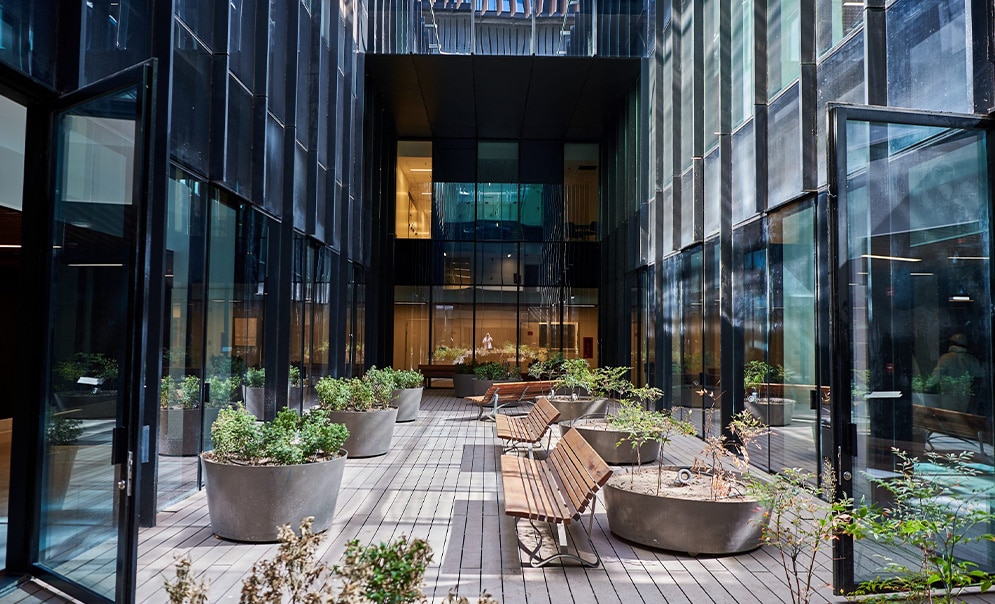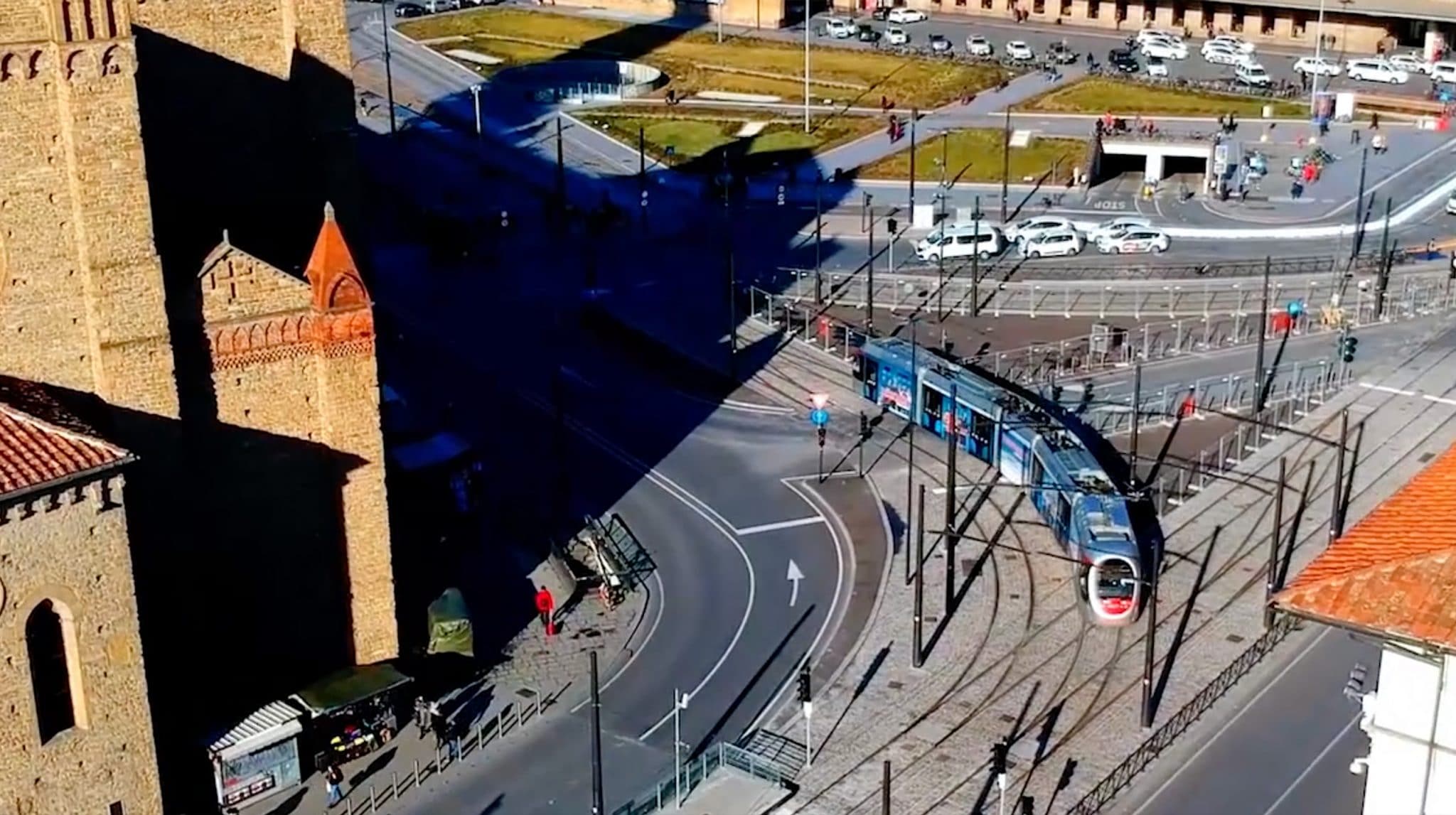News
[Open Letter] Thierry Déau: “We must rebuild in a resilient and sustainable way”

02.06.2020
The crisis created by the pandemic has governments across the globe moving rapidly to devise roadmaps from lock-down to recovery that address immense social and economic challenges, some new, others simply deepened into undeniable evidence by this chapter.
What happens next will be nothing short of a decisive moment for the future of societies and governments. In sum, a phase of deep socio-economic rebuilding during which we’ll be called upon to clearly express our values through the choices we make. Crisis brings devastation, and it also brings an opportunity to re-evaluate what kind of a society we want create for future generations and to integrate our responses to that question into our business practices at all levels. One thing is certain: we must rebuild in a resilient and sustainable way.
Most governments have already called for stimulus plans that involve infrastructure which will differ depending on regions but are likely to translate into an acceleration of the pipeline. Europe’s initial response to prioritize people over economy will have mid and long-term impact on how society balances economics and other values. A combination of the Green Deal investment focus (already the key focus of the EU budget), the need for resilient social infrastructure tested by the crisis and the already relaxed Maastricht rules for budgetary policy is likely to create a real acceleration in sustainable infrastructure investment. It is likely that once governments have had time to take stock of system failures during the pandemic, they will note lack of resiliency in healthcare, with massive needs to invest in capacity and training of medical personal, and a broader re-evaluation of health facility investment on the scale of what Meridiam has done in Turkey and Chile. The UK, though no longer in the EU had already started pushing for more infrastructure to mitigate any economic downturn due to Brexit. In Africa, the pipeline is rather abundant and the crisis may be a catalyst for governments to focus on delivery as seen in Kenya and Ethiopia. Concerning the US, though big announcements are likely to be made, the lack of capacity of local and state administrations combined with the short elective mandates may trigger a more reasonable acceleration.
During this period of confinement we presented our annual results to investors for the first time digitally. In 2019 we invested 900 million euros, winning several emblematic contracts including the remaking of the University of Iowa’s energy grid toward a coal-free future, the construction of climate-change compatible schools for over 4000 students in Espoo, Finland as well as the concession for the largest biomass center in West Africa. We’ve run stress tests on our entire portfolio of long-term investments and our assets have been successfully resistant to this crisis period with over 75% of our investments comprising essential public services and, as such, not necessarily correlated to short term economic growth trends.
Last year saw Meridiam’s transition into a Certified Benefit Corp under French Law and we are now reporting the impact of our activities across all of Meridiam’s investment funds against ESG-SDG targets and performance indicators, using a purpose-built impact evaluation system that we believe is unique in our field.
Through the lens of the COVID-19 pandemic, infrastructure is now viewed as a “safer” haven, as well as a critical element in the rebuilding paradigm.The calls for consistent, inherent resiliency and sustainability are multiplying. We see this interest as a validation of our model. Our goal on this journey has always been to create strong emulation across a new asset class in which resiliency and sustainability are considered implicit risk-mitigation factors. The road has turned to meet us and we hope many others will join us on this path.


